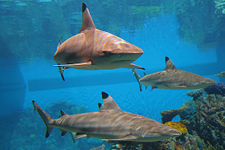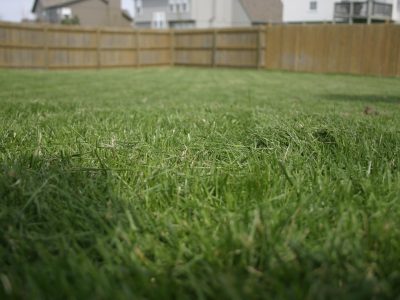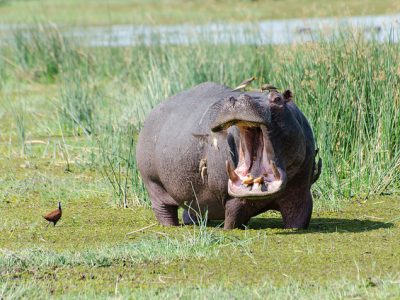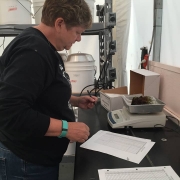Rethinking Everglades restoration through synthesis science
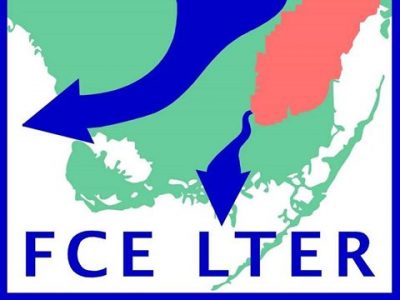
Within the science and natural resource management fields, people often say what gets measured gets managed. But in a well studied ecosystem such as the Everglades, how do decades of scientific information get accurately translated into restoration plans? Through the use of synthesis science, researchers from the Florida Coastal Everglades LTER site compiled interdisciplinary data to evaluate… Read more »

